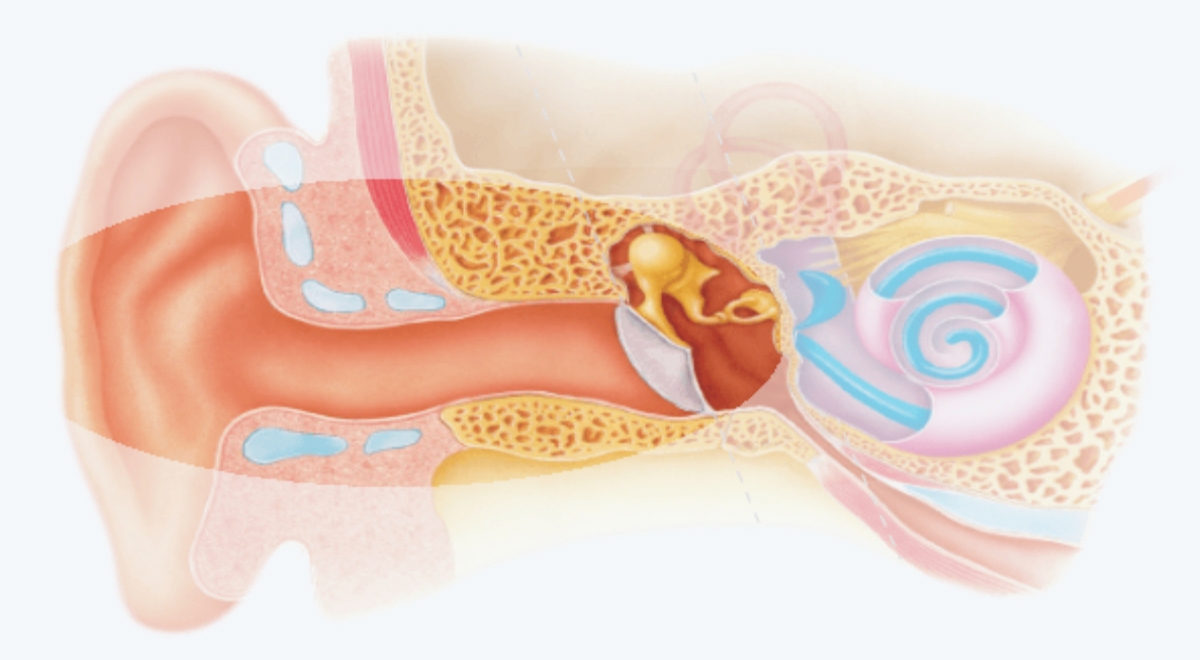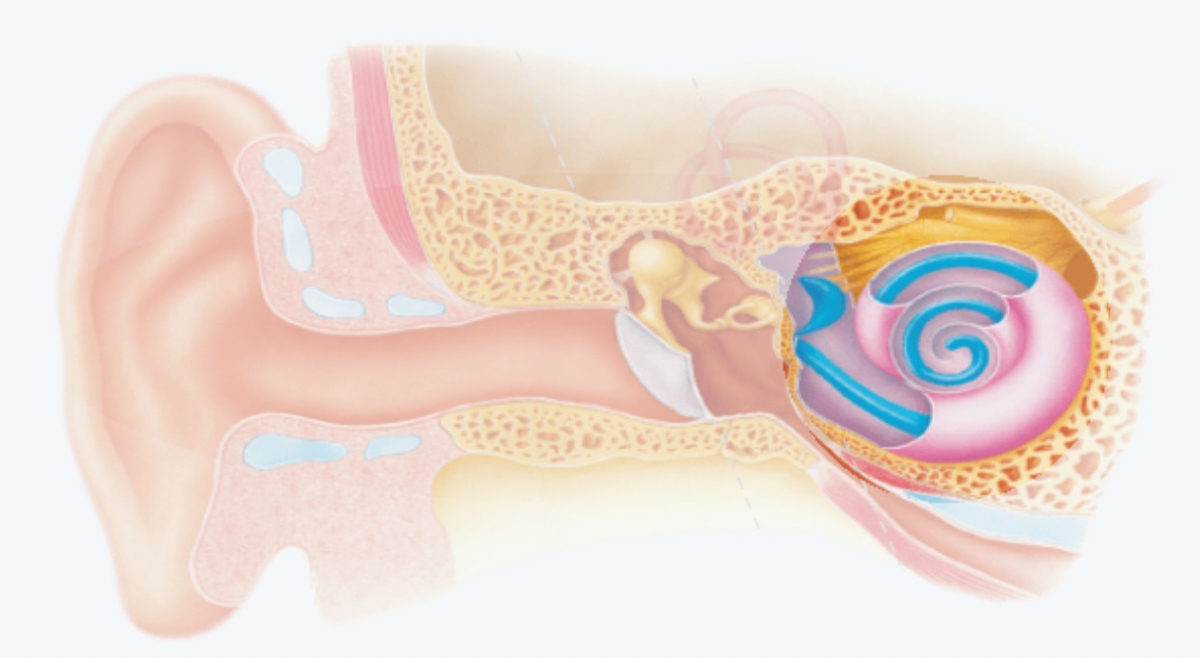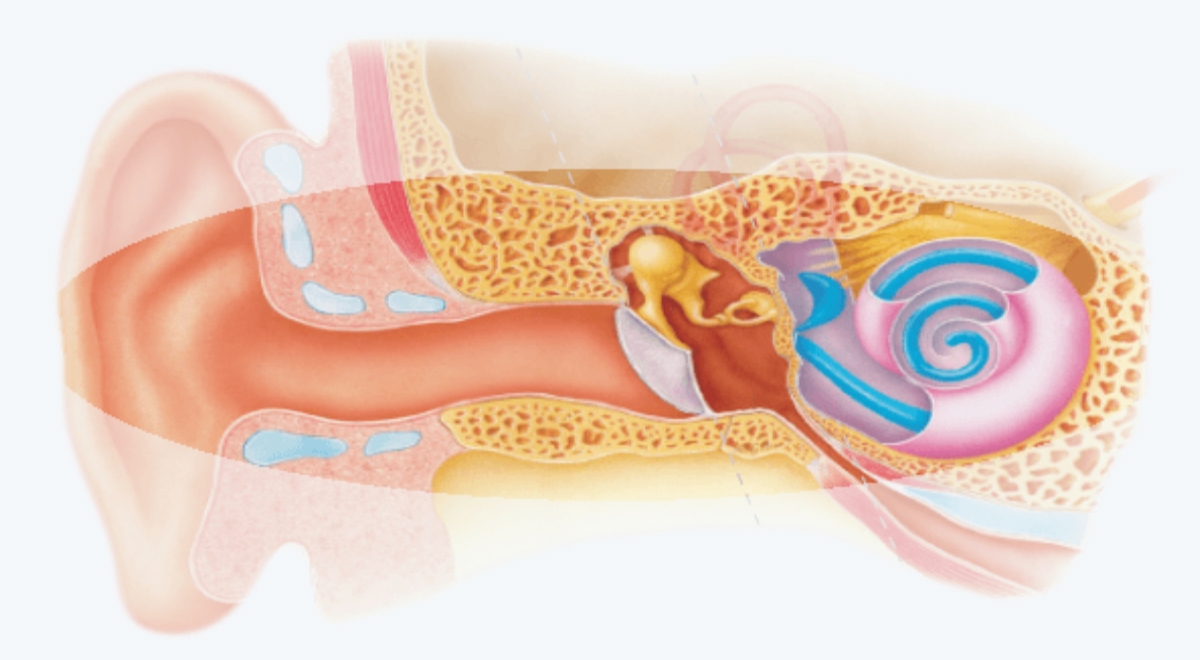![Image #29 - New Ears Resolution (Usage Rights 2021)[kv1862771-1862772]](https://beltonemidatlantic.com/wp-content/uploads/2022/02/Image-29-New-Ears-Resolution-Usage-Rights-2021kv1862771-1862772.jpg)
Types & Causes of Hearing Loss
There are many reasons why we lose our hearing. The good news is that if you have a hearing loss, you can do something about it.
Hearing loss causes
There are many reasons why we lose our hearing, but the most common are prolonged exposure to noise and the aging process. Other causes include ear infections, genetic predisposition, head injuries and certain medications. When the ear does not function properly, the brain does not receive sounds to interpret.
Hearing loss is very often gradual, so we don’t always notice how sounds become fainter over time. We may even start forgetting some of the sounds we were once used to hearing.
Hearing loss has great impact on our family, social and work lives, as it interferes with the way we normally communicate, which is by speaking and listening. Therefore, hearing loss can be isolating. Those with hearing loss may begin to withdraw from social situations.
The good news is that if you have a hearing loss, you can do something about it. Regular use of hearing aids can improve your relationships with others, make you more confident in social situations, and boost your overall life quality. Beltone hearing aids make conversations easy again and help you reconnect to your surroundings and start living life to the fullest again.
Types of hearing loss
One of the effects of hearing loss is a reduced ability to distinguish speech from noise. This is why, if you have hearing loss, you may feel that you hear fine in quiet situations but not in noisy ones. It is also common that high-pitched sounds like birdsong may disappear altogether.
The causes of hearing loss vary and the type of hearing loss is determined by the part of the ear in which the impairment occurs. There are generally three different types of hearing loss:
Conductive hearing loss

A conductive hearing loss is often temporary and can sometimes be corrected with wax removal, medication or surgery. Conductive loss stems from problems in the outer or middle ear and can be caused by:
- Infection
- Build-up of wax or fluid
- Punctured eardrum
- Otosclerosis – an abnormal bone development in the middle ear
Sensorineural Hearing Loss

Sensorineural hearing loss is the most common type of hearing loss. In fact, it accounts for 90% of all adult hearing problems. Although the cause is not always known, it is often related to aging and a history of noise exposure. With sensorineural loss:
- There are problems with the cochlea* and the auditory nerve*
- Sounds not only diminish in volume, but become distorted
- The ability to hear high-pitched sounds is usually affected first.
- The ability to hear low-pitched sounds, such as vowel sounds, may be normal or relatively well-preserved
Mixed Hearing Loss

With mixed hearing loss, both conductive and sensorineural losses occur at the same time.
In these cases, you may need treatment such as wax removal, medication, or surgery in addition to hearing aids.
Degrees of hearing loss
Measured in degrees, hearing loss is divided into levels that are based on a person’s auditory thresholds, or the softest sounds (decibels), they can hear.
| Hearing | Degree of Loss | Impact |
| Normal Hearing | 0 to 25 dB | Hearing is considered normal |
| Mid Hearing Loss | 25 to 40 dB | Difficulty hearing soft speech in noisy situations |
| Moderate Hearing Loss | 40 to 60 dB | Difficulty hearing moderate speech when background noise is present |
| Severe Hearing Loss | 60 to 80 dB | Difficulty hearing loud speech, but heard if amplified |
| Profound Hearing Loss | 80 dB or more | Difficulty hearing and understanding, even with amplification |
Non-permanent hearing loss
Temporary hearing loss
There are times where a hearing loss is temporary. A temporary hearing loss is common and can be caused by any of the following:
- Infection
- Build-up of wax or fluid
- Punctured eardrum
- Otosclerosis – an abnormal bone development in the middle ear
![Image #34 - Safe and Sound (Usage Rights 2021)[kv1913879-1913880]](https://beltonemidatlantic.com/wp-content/uploads/2022/02/Image-34-Safe-and-Sound-Usage-Rights-2021kv1913879-1913880.jpg)
Book a Hearing Test
Ready to take the first step toward better hearing? Visit your local Beltone office and get a complimentary hearing consultation with one of our hearing care professionals.